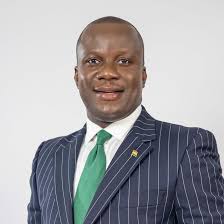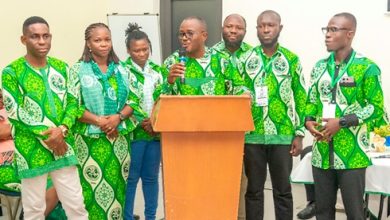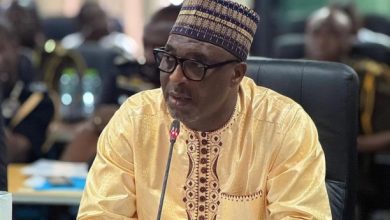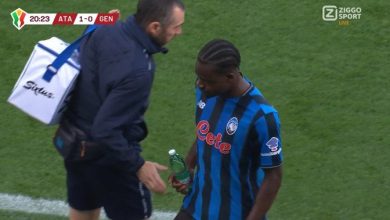
Ranking Member of the Foreign Affairs Committee of Parliament, Hon. Jinapor Abdulai Samuel, has formally appealed to the Diplomatic Corps in Ghana to intervene in the deepening scandal surrounding controversial flights from Gran Canaria to Accra, amid growing concerns over transnational organised crime and the integrity of state institutions.
In a letter addressed to the Dean of the Diplomatic Corps and Ambassador of the Republic of Lebanon to Ghana, H.E. Maher Kheir, Hon. Jinapor, writing on behalf of the Minority Caucus on the Committee, urged the diplomatic community to leverage international intelligence-sharing protocols and diplomatic channels to assist Ghanaian security agencies in unraveling the mystery surrounding the AirMed and Cavok Air flights allegedly involved in transporting illicit drugs and cash into the country.
This appeal follows a press conference held by the Minority on April 1, during which they raised red flags over the suspicious landing of aircraft at the Kotoka International Airport (KIA). The planes, reportedly from Gran Canaria, are alleged to have been carrying illicit cargo, prompting national uproar and demands for full-scale investigations.
Despite initial assurances by President Nana Addo Dankwa Akufo-Addo that the matter would be thoroughly investigated, government communications have since been mired in controversy. The Minister of State in charge of Government Communications, Hon. Felix Kwakye Ofosu, is reported to have dismissed the concerns, labeling the probe as “a waste of time” and contradicting the President’s directive. This U-turn has sparked outrage among civil society groups and security analysts alike.
Independent checks cited by Hon. Jinapor now confirm that the two AirMed flights indeed originated from Gran Canaria, debunking the Minister’s claim that the flights arrived from Luanda. Further scrutiny has also raised questions about the records of the Cavok Air flights, with no verifiable evidence indicating their arrival at KIA on the dates in question.
In his letter, Hon. Jinapor underscored Ghana’s obligations under several international conventions, including the UN Convention against Illicit Traffic in Narcotic Drugs and Psychotropic Substances (1988), the UN Convention against Transnational Organised Crime (2000), and the Single Convention on Narcotic Drugs (1961). He stressed that Ghana must uphold these commitments and avoid the perilous label of a drug transit state.
He further called on the Diplomatic Corps to:
1. Share any relevant intelligence with Ghanaian authorities;
2. Facilitate collaboration between foreign and local security agencies;
3. Assist Ghana’s Parliament in safeguarding its institutional independence and mandate;
4. Encourage the government to establish a Commission of Inquiry under Article 278 of the Constitution; and
5. Ensure the safety of whistleblowers, especially Hon. John Ntim Fordjour, MP for Assin South, who is said to have played a key role in exposing the issue.
“Transnational organised crimes such as drug trafficking and money laundering threaten not only our national security but also regional and global stability. Ghana cannot afford to be seen as complicit or negligent,” Hon. Jinapor asserted.
He warned that failure to investigate the scandal could undermine Ghana’s international reputation and erode public trust in the country’s commitment to the rule of law and accountability.



